In Taoyuan, Taiwan, Chung Yuan Christian University (CYCU) has collaborated with Intel and ASUS to host a summer program that merges international learning with applied artificial intelligence experience.
The 2025 International Summer Camp on Practical Project Design officially opened on August 1 at CYCU’s Yin-Yeh Lecture Hall, drawing more than 130 faculty members and students from Taiwan, Japan, South Korea, the Philippines, and Turkey. This marks the first time the program has collaborated with Intel Taiwan and ASUS, introducing a dedicated AI project competition as a central feature.

Now in its third year, faculty from four departments—electrical, electronic, computer science, and industrial engineering—have joined forces to deliver a three-week curriculum that blends technical lectures, lab-based learning, and intercultural exchange. The program runs from July 31 to August 20 and aims to enhance participants’ English fluency, teamwork, and creative problem-solving through immersive practice.

AI Competition Takes Center Stage
This year’s signature initiative is the debut of the “CYCU x Intel x ASUS Project Challenge: AI PC OpenVINO™ Application,” which tasks students with developing solutions to real-world problems using Intel’s OpenVINO™ toolkit. OpenVINO™, an open-source framework, accelerates AI inference and improves performance across CPU, GPU, and NPU.
To support the competition, Intel and ASUS have supplied cloud-based AI PC environments, expert mentors, and a suite of AI-optimized laptops as prizes—including the ASUS ExpertBook P5 (P5405CSA) with powerful AI performance, ExpertBook B3 (B3405CCA) with outstanding productivity, and ExpertBook B1 (B1503CVA) with a large 15.6-inch display.
Professor Yu-Kun Lai, chair of the Department of Electrical Engineering and lead organizer of the summer camp, emphasized the value of hands-on experience. He noted that local and international students will work in CYCU’s “Collaborative Innovation Laboratory for IC Design,” gaining access to high-speed networking infrastructure and advanced computing resources, he said, for bridging academic knowledge with industry-ready skills.

Corporate Support and Global Reach
Dr. Hsiao-Ying Chen, CYCU’s Dean for International Affairs, highlighted the university’s growing global partnerships. This year’s participants include students and faculty from Kansai University and Tokyo Denki University in Japan; Sungkyunkwan University in South Korea; and MMCM, UST, and Mapúa University in the Philippines. Dr. Chen described the initiative as part of CYCU’s long-term strategy to expand its international network and deepen “academic diplomacy.”
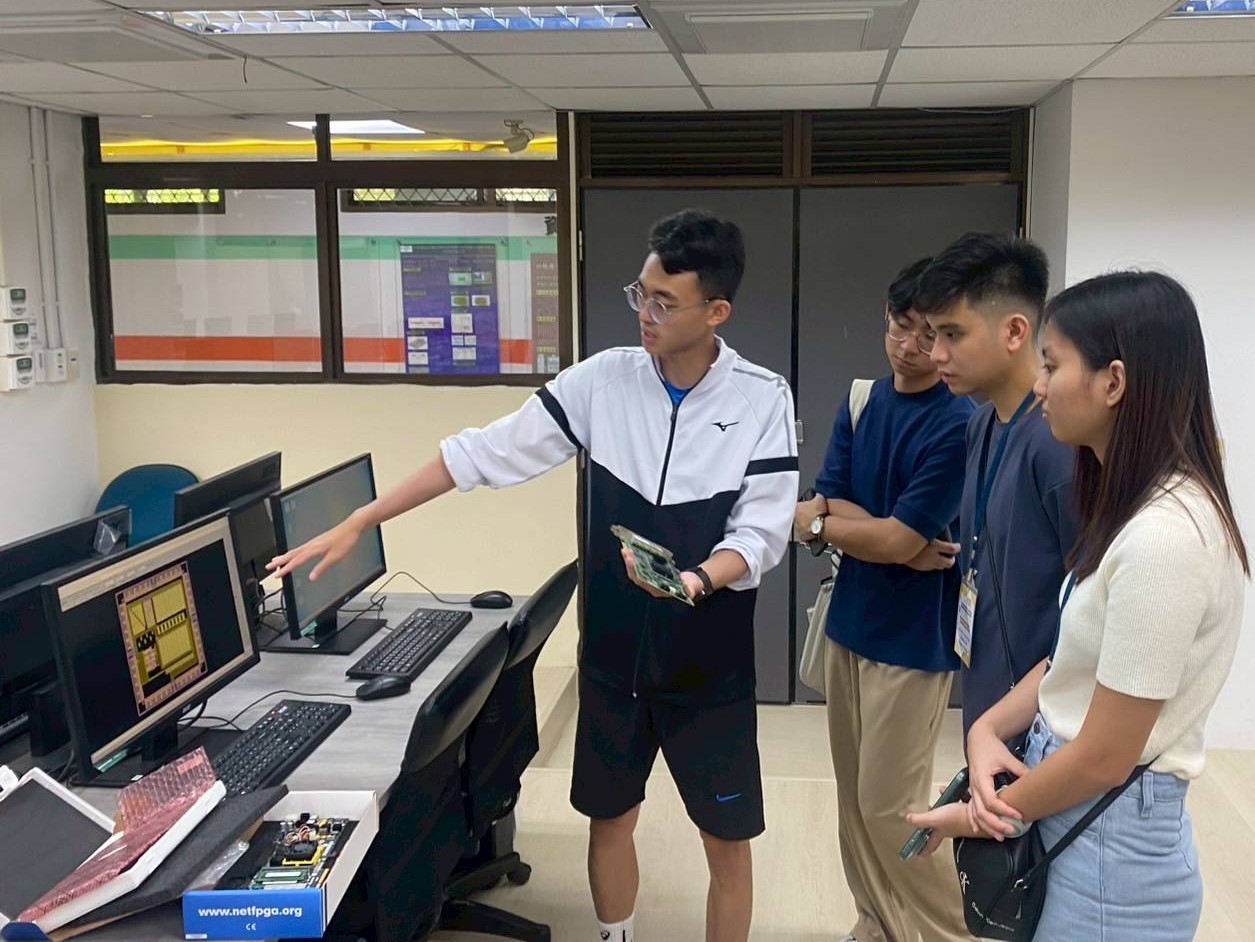
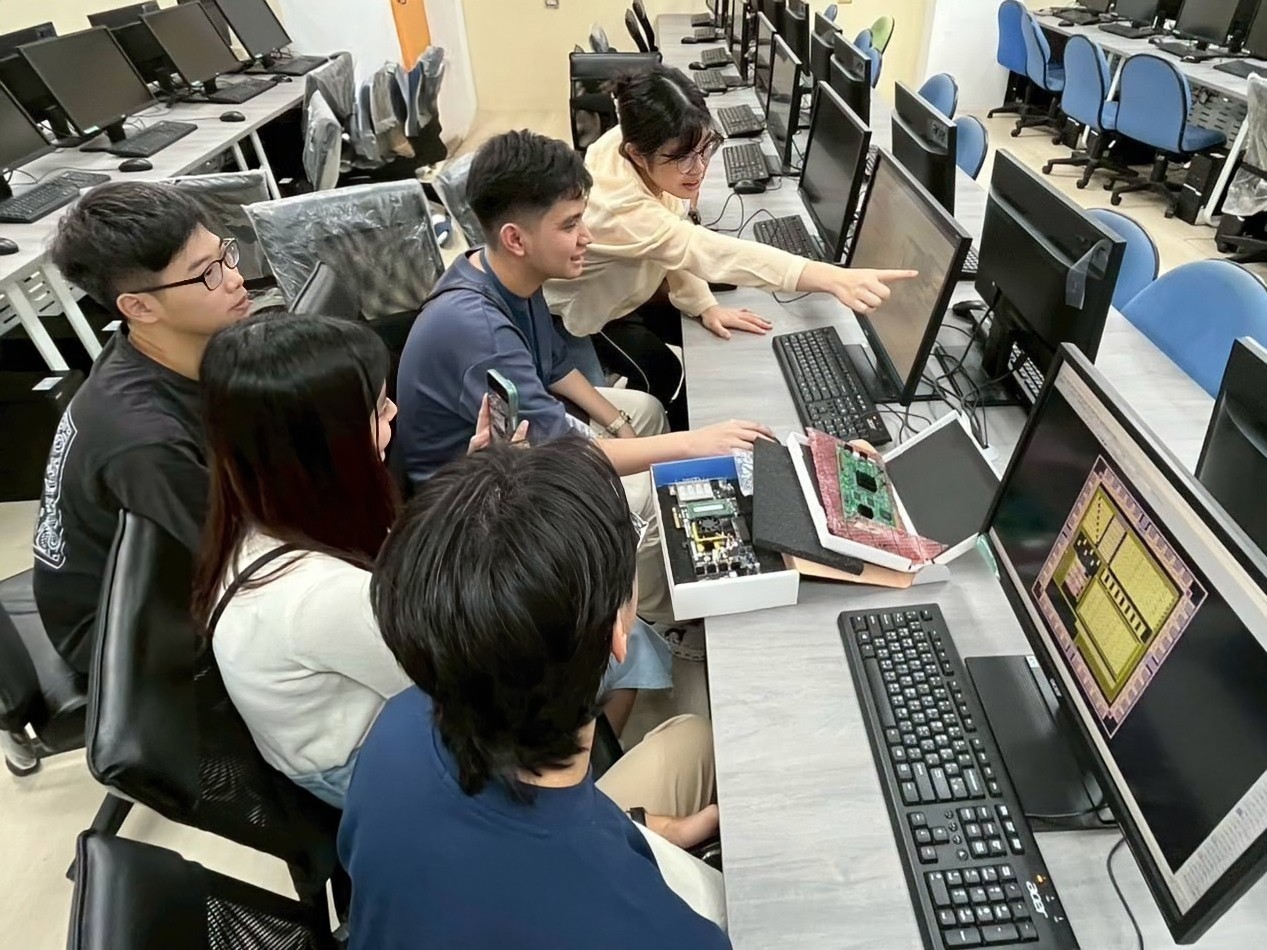
ASUS Technology Inc. Senior Sales Associate Vice President Chang-Ming Yang echoed that sentiment. “It’s a privilege to support this program,” he said. “We’ve long invested in campus partnerships, and we believe students’ creativity can be a catalyst for the next wave of technological innovation in the AI era.”

Dean of the EECS, Professor Shih-Lun Chen called the collaboration with Intel and ASUS a milestone in industry-academia synergy. “We’re not only raising the bar for student learning,” he said, “but also building a meaningful bridge between academia and Taiwan’s future tech workforce.” The college, he added, plans to pursue more global partnerships to create platforms that challenge and inspire the next generation of innovators.
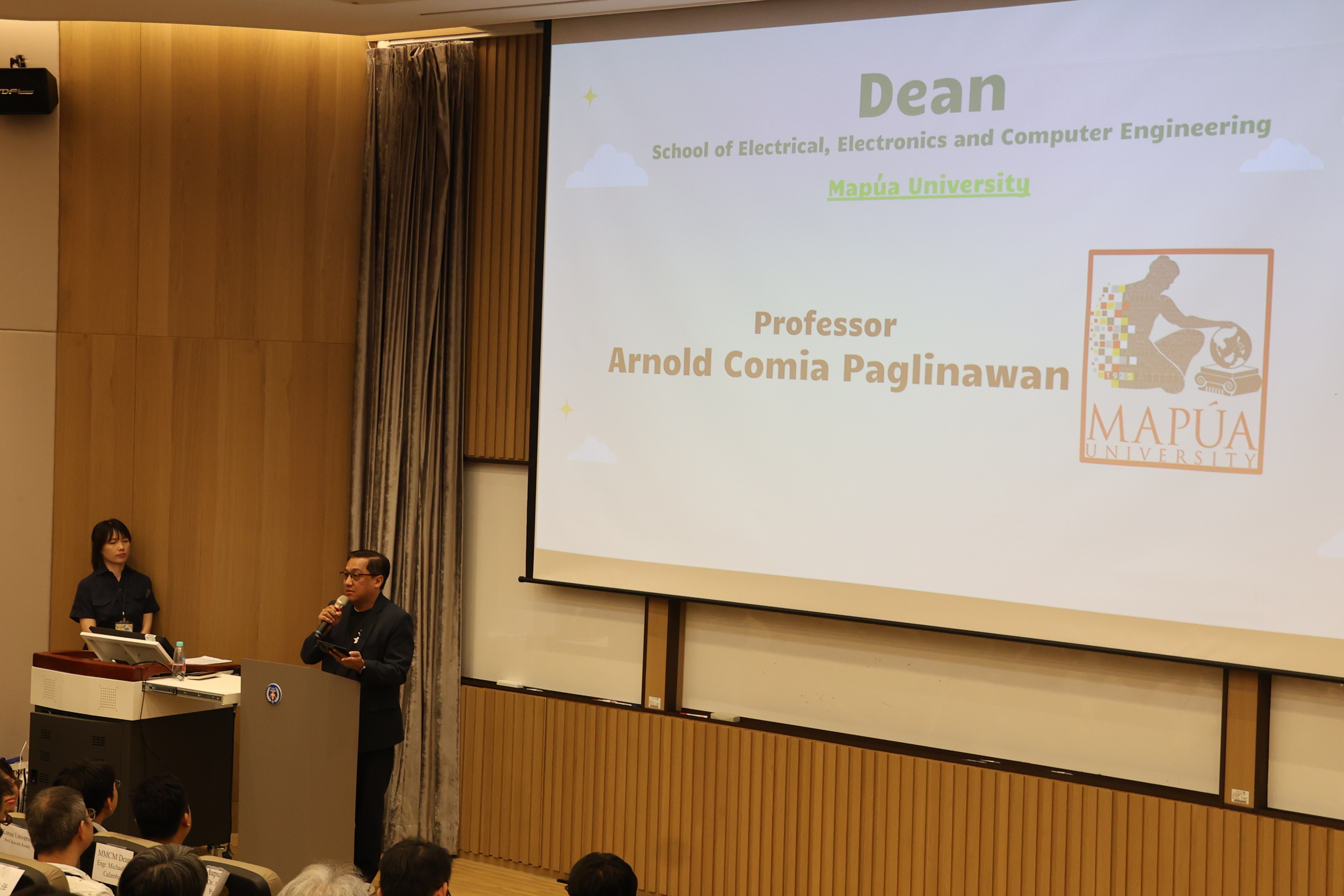
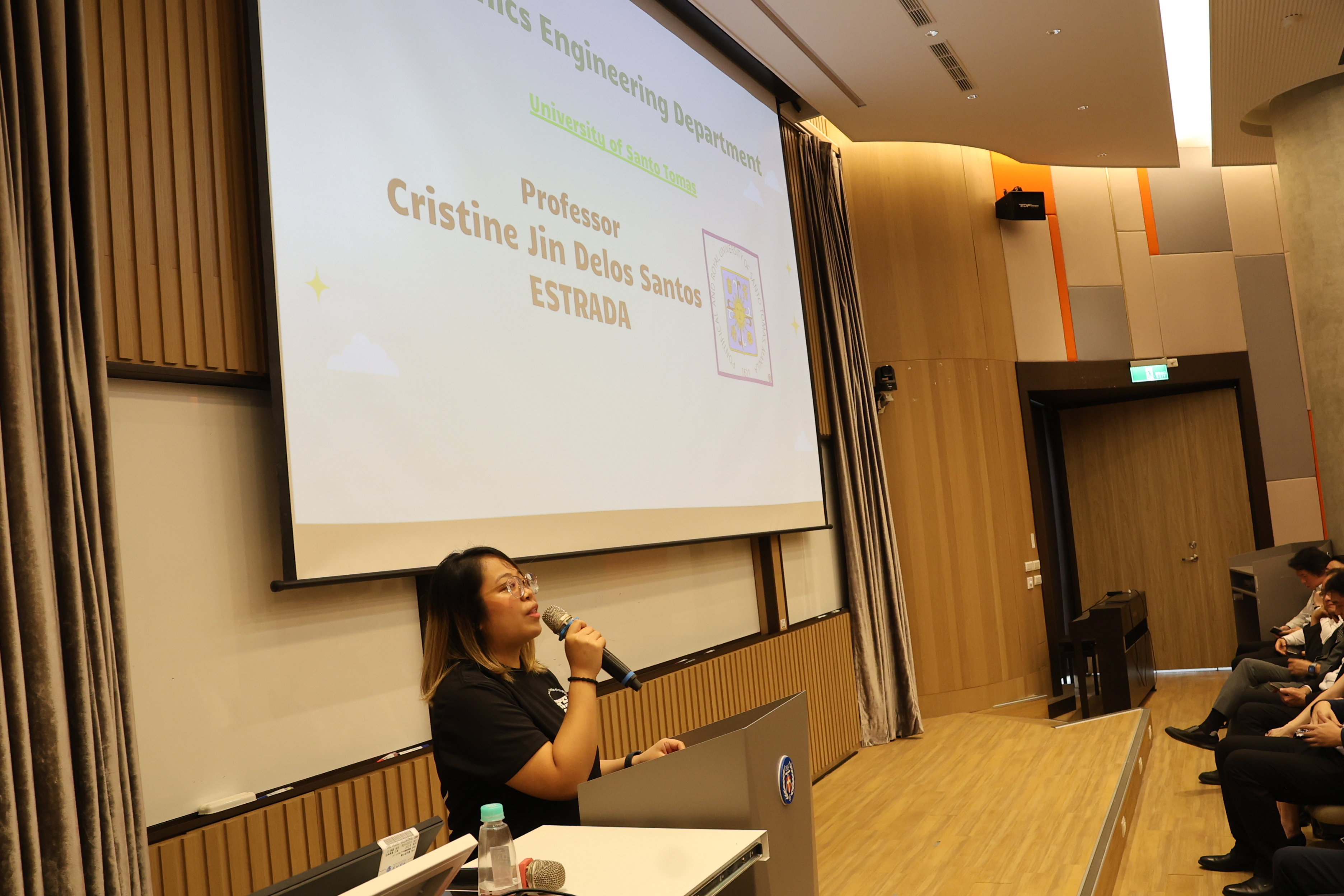
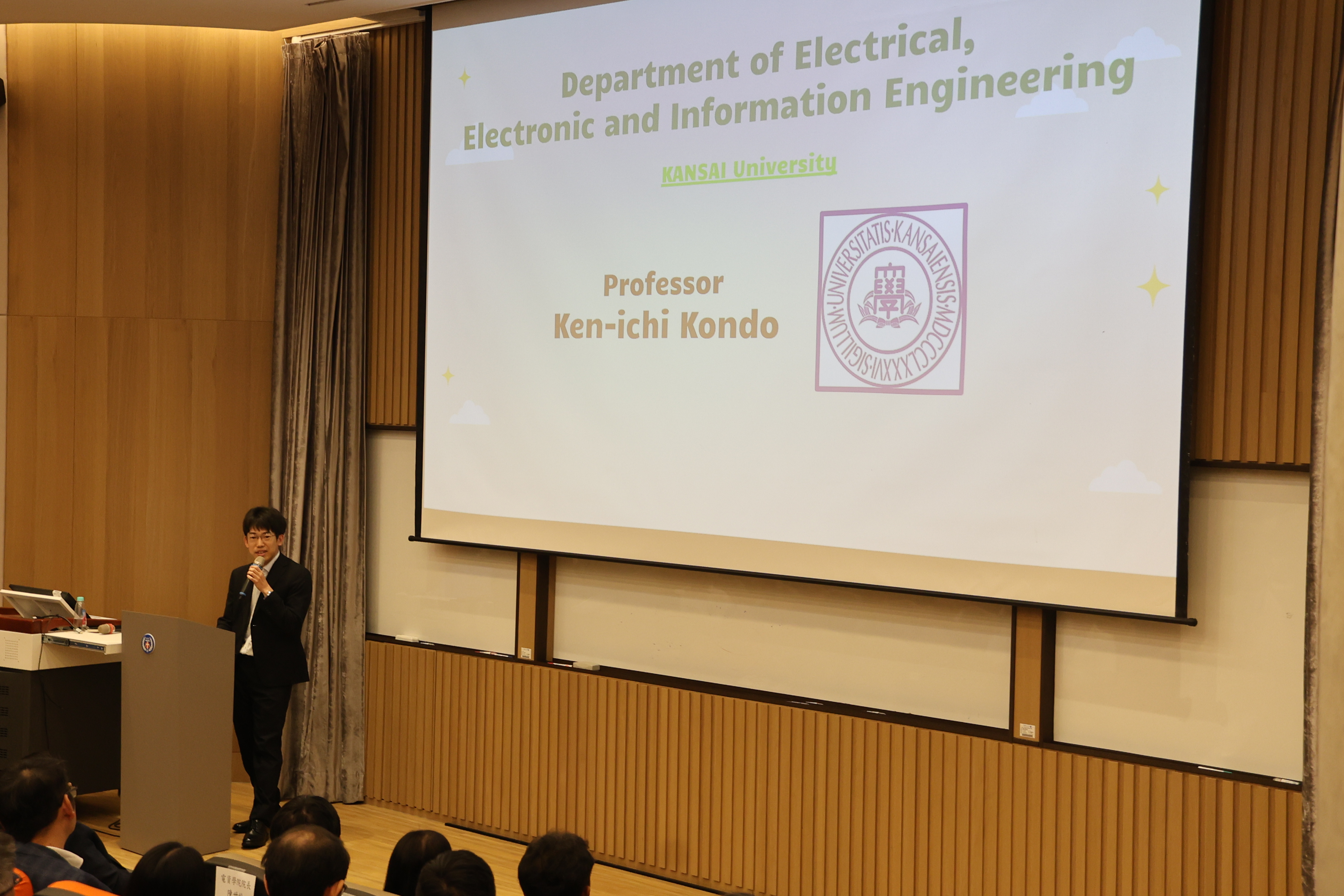





自臺大教授謝銘倫(左)手中接任理事長。.jpg)





